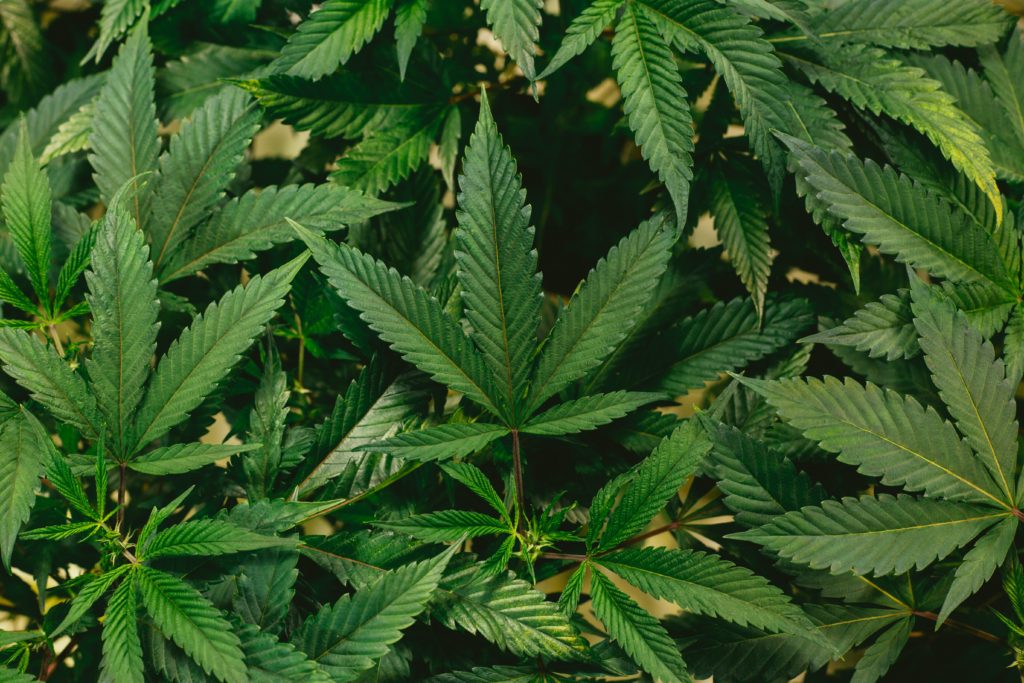
New Mexico’s Cannabis Regulation Act takes effect today, Tuesday, June 29, 2021.
From today onwards individuals 21 years of age and older may legally and without penalties possess up to two ounces (56 grams) of marijuana. By April of 2022, the home-growing of the substance will be allowed with up to six cannabis plants per person up to a maximum of 12 in a household.
Before today, the non-medical possession of cannabis in New Mexico, although not criminal, has been illegal.
Legalization of Recreational Cannabis Debated
The legalization of recreational cannabis has been a hot topic of debate with New Mexico legislators and the public since the 1990s. Then Governor Gary Johnson, who held office as a Republican, supported its legalization. However, Johnson was not successful in his endeavors to attain its legalization for recreational use. Finally, in 2007 New Mexico legalized the medical use of cannabis but nothing more. In 2015, another New Mexico legislator, Democratic Congressman Bill McCamley, backed legislation to legalize the recreational use of marijuana, but his efforts were squashed. It was not until today, some 14 years after Johnson’s first attempt, that the recreational use of the substance has been affirmed.

Cannabis Regulation Act
On April 12, New Mexico Governor Michelle Lujan Grisham signed into law the Cannabis Regulation Act. Her action relaxing laws related to the use, production and sale of marijuana brought New Mexico in position with 16 other states, the District of Columbia, Guam and the Northern Mariana Islands. These states and territories, as well as the capital of the U. S., have moderated their laws regarding the use, growing and sale of what at one time was considered a “forbidden fruit”.
It should be noted that on the federal level, cannabis still remains illegal.
Cannabis Regulatory Advisory Committee
The Cannabis Regulation Act requires that a Cannabis Regulatory Advisory Committee be established by the September 1. This committee will oversee New Mexico’s new recreational cannabis industry. Outlined tasks for the committee are weighty, with licensing, regulations, server permits, training and education to be in order by January 1, 2022 and with the legal sales of recreational marijuana up and running by April 1, 2022.
States Profit from the Legalization of Recreational Marijuana
New Mexico will soon join the ranks of states that are profiting from the legalization of recreational marijuana. Colorado and Washington, the first two states to legitimize the use, production and sale of of the substance in 2014, are finding the industry extremely lucrative. The Denver Post reports that Colorado “collected nearly $32.4 million in taxes and fees in December [of 2020], pushing the annual tax total to $387.4 million in 2020. And January proved to be an even bigger month for tax and fee collections as the state hauled in almost $35 million.” To put the economic benefits in the perspective of gross income and jobs rather than in tax dollars collected, the industry in the State of Washington in 2020 “was responsible for $1.85 billion of gross state product and supported about 18,700 jobs,” reports an article in MJBizDaily.
Positive reports about the economic benefits are found everywhere marijuana has been legalized. Predictions suggest that the recreational marijuana industry will bring tax dollars – and lots of them – into New Mexico’s coffers. This should be welcome news to a state whose economy largely depends on a single industry, oil and gas.
There is no doubt that jobs will be created and additional tax revenue will be created to fund many worthwhile projects. However, not everyone sees the new law as net positive for the state.
Recreational Marijuana Legalization Has Detractors
Some police departments worry about “drugged driving” which might result in more deaths and injuries. While driving under the influence of narcotics, including marijuana, will still remain illegal, many studies suggest “driving high” is not as dangerous as driving drunk though it still comes with added risk.
Other agencies and citizens are concerned about a lack of education for both users and growers; they conclude that the social costs of legalization will trump any economic positives. Some cities and counties are uncertain if they want cannabis businesses in certain areas of their jurisdictions. “The Albuquerque City Council already is considering a proposal to bar cannabis businesses from the historic city center, the Route 66 corridor and within 300 feet of areas zoned for residential or mixed use,” states a recent KUNM News article.
Lea County Not Overly Vocal
Reaction in Lea County to today’s new law has not been overly vocal. Lea County Sheriff Corey Helton earlier expressed his thoughts that “the use of recreational cannabis in New Mexico could be the first step in decriminalizing other current illegal substances.”
Deputy Executive Director of the New Mexico Chapter of Foundation for a Drug Free World Leota Harriman is also concerned about the affects of the new law. Harriman comments, “Safeguards in states’ legislation to prevent minors from having easy access to marijuana have not worked…This unfortunate situation is repeated state by state wherever marijuana has been legalized…Crime and black market activities related to marijuana’s use and production are on the increase in legalized states.”
Only time will tell if Helton and Harriman’s concerns are accurate.
For now, New Mexico has a new law that individuals, law enforcement, producers, vendors – everyone – must learn to navigate. The old saying runs true that ignorance is never an excuse for failing to uphold the letter of the law. So while marijuana is technically now legal in New Mexico, the new law comes with specific provisions residents and businesses will need to follow in order to remain on the right side of the law.
For more information, see the press release from the governor’s office or read the an overview of the bill on the Marijuana Policy Project’s website.


